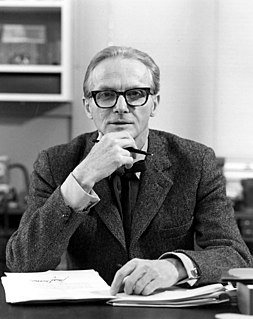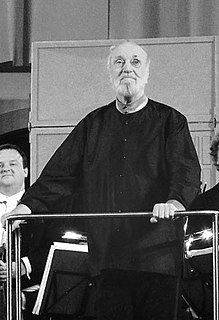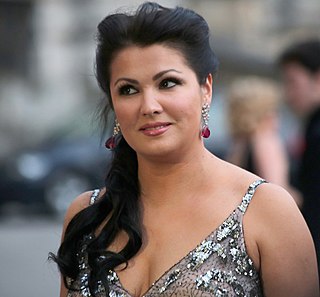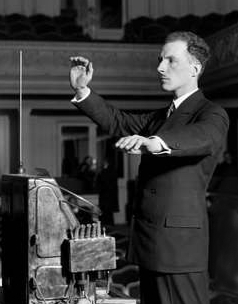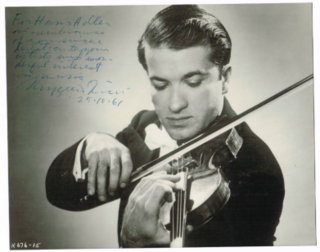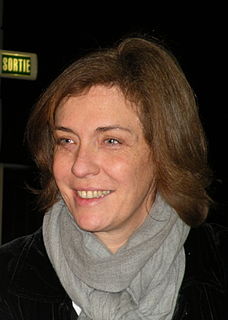A Quote by Joshua Bell
I mean, the great secret is that an orchestra can actually play without a conductor at all. Of course, a great conductor will have a concept and will help them play together and unify them.
Related Quotes
I am the conductor for life of the Staatskapelle in Berlin, which fills me with tremendous joy because I feel absolutely at one with them. When we play, I have a feeling that together we manage to create one collective lung for the whole orchestra so that everybody in the stage breathes the music in the same way.
There are two types of conductors. One is the good conductor who can do passionate music but also listen to the singers and do the orchestra. And then there are great conductors, who have their own opinion on the music, who are ruling everything - and not listening much to the singers, but the orchestra play amazingly.
Before Liszt, a conductor was someone who just facilitated the performance, who would keep people together or beat the time, indicate the entries. After Liszt, that was no longer the case; a conductor was someone who shaped the music in an intense musical way, who played the orchestra as an instrument.

